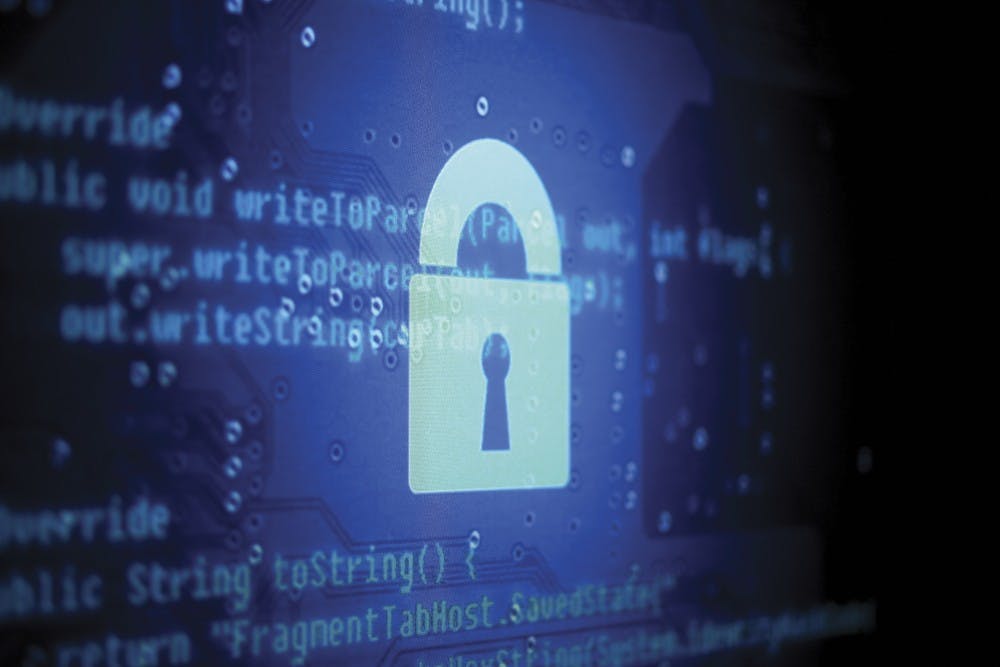As news of Russia’s alleged hack of the Democratic National Convention dominates national political news, a team of four Penn researchers have just published new research that takes steps toward explaining certain breaches in online security.
Just over one year ago, the team of two computer scientists and two mathematicians — Nadia Heninger and Brett Hemenway, and Ted Chinburg and Zachary Scherr respectively — received a four-year $1.1 million grant from the National Science Foundation.
The team’s research has real-world applications on a personal level and the national level. The systems they study are the same systems that protect email accounts of regular people and the classified accounts of government officials.
“The government wants to determine just how secure various communication systems are,” Chinburg said. “And this kind of work is relevant to that because it says, for example, the implementation of different methods has to be done properly or else there’s potential of leakage of secrets.”
Even though the focus of her team’s primary research has been on cryptography and number theory, Heninger said she is not surprised that Internet security has recently emerged as a hot topic in the political arena. She said scientists have been warning of the dangers of cyber breaches for decades, and she only wishes it had been addressed sooner.
On a personal level, Heninger describes technological advancements as both as “danger” and as an “opportunity.”
“You can give all your emails to Google, and it will do awesome machine learning and learn things about you and anticipate your every need before you even need to ask, so that’s an opportunity,” Heninger said. “But it’s also a danger if your password gets compromised, and someone gets everything about you from birth, for example.”
Heninger said she does not foresee this problem disappearing any time soon.
“We are slowly getting better in some sense, but the dangers are getting worse because more things are online, and I suspect that it will continue to get worse before it gets better in any real way,” she said.
Chinburg agrees that the team’s work will only become more important.
“I would strongly recommend that students that find security issues interesting and find math interesting think seriously about taking courses about cryptography, about abstract algebra and about how those two subjects combine,” Chinburg said. “Because they are quite relevant to the future of society generally.”









